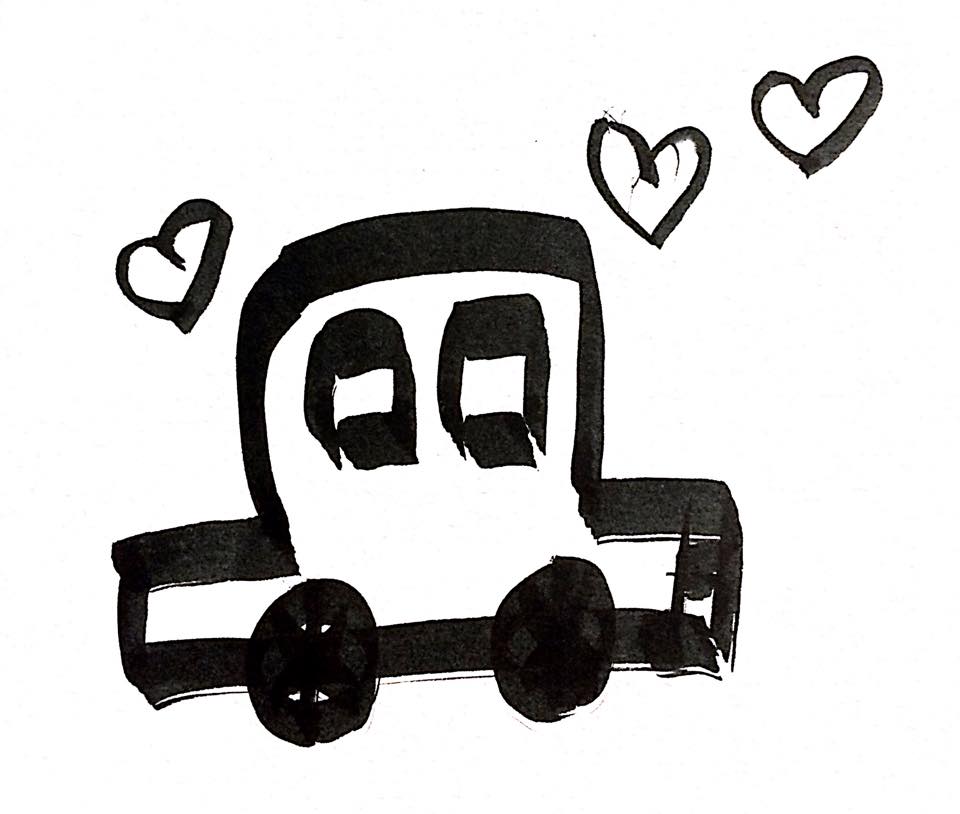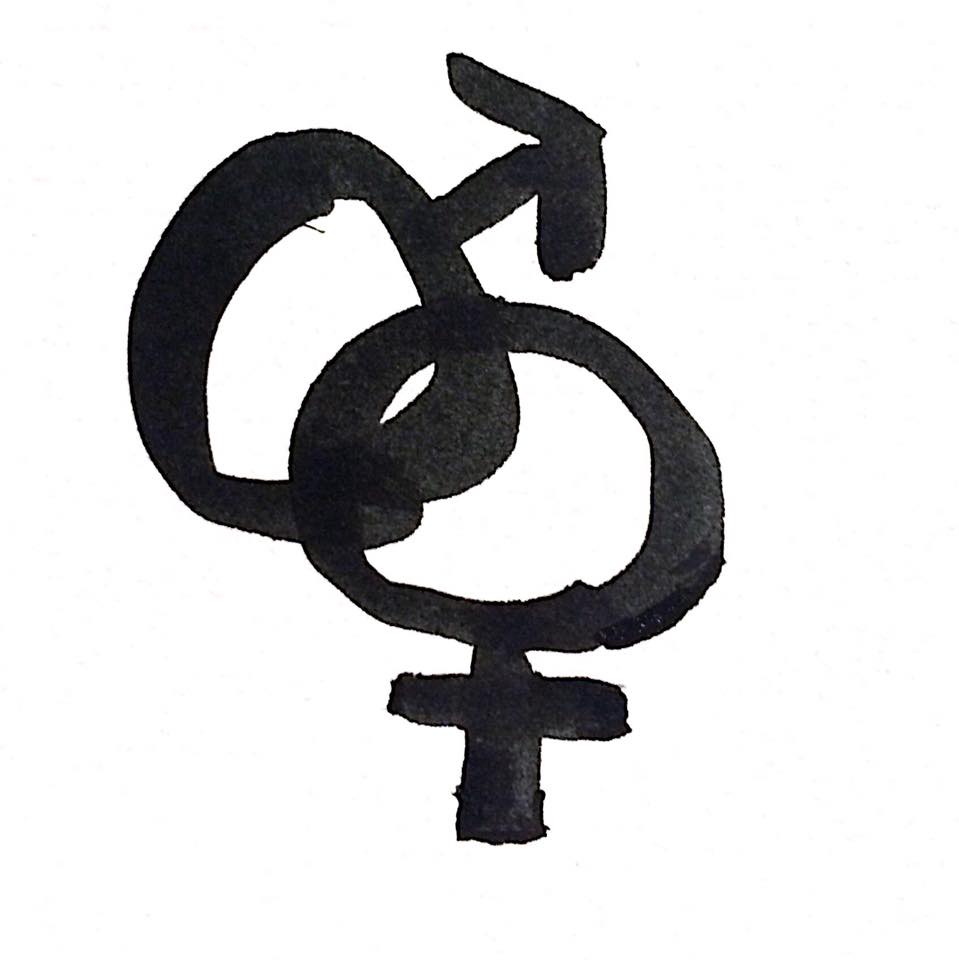While our substitute teacher shopped online, a few classmates and I decided to pass the time by playing my favorite game: Never Have I Ever. Everyone starts with 10 fingers, and each person says something they have never done. If the action is done, a finger is put down. The game usually starts innocent, like “never have I ever been to Italy” or “never have I ever eaten a Hot Pocket”. But when things get spicy, you slowly start to learn your friends’ sexual histories as the fingers go down, one by one. As the game reached that point of no return, someone in our group said, “never have I ever had sex,”. Almost automatically, our substitute whipped around and said, “Hey! I can hear you; it’s starting to get inappropriate over there!”
I was annoyed not only that she’d been listening to our conversation, but that talking about sex was somehow “inappropriate.” The word “sex” is dirty in our society; sexual activity has become inappropriate, and even looked down upon, in many cultures. However, there shouldn’t be anything wrong with me saying that I am sexually active. Using the word “sex” around a group of high schoolers doesn’t mean that we are going to strip down and engage in an orgy-like frenzy. Too often, we associate sex with being dirty and wrong. So today, I’ll cover where we’ve strayed while teaching about sex and discuss how we can fix our society’s skewed sexual perception.
History of Societal Views of Sex
Prior to the 20th century, the most widely accepted view of sex was that it is almost solely a source for reproduction. While this remains true, over the past few decades, perceptions of sex have slowly evolved.
Today’s Perception of Sex
We have made a significant amount of progress in the past century regarding the perception of sex, but there is still much progress to be made. Particularly in patriarchal societies, pre-marital sex is still looked down upon and strongly discouraged. This is an ideal that has been perpetuated by religion for thousands of years, which partially explains why until recently women have taken the role of solely being birthers and caretakers. Why is it, then, that even as our perception of women has changed, our perception of sex refuses to budge? Rather than allow others to decide how to use – or not use – their own bodies, we judge. We have labeled sexual interactions as “dirty,” giving them a negative connotation, when, in reality, sex is the most natural thing we can do. Most societies have declared certain sexual actions as “wrong,” labeling sex at the “wrong” time, with the “wrong” person, in the “wrong” place, etc immoral. However, if a consenting individual makes the decision to engage in these acts, who are we to decide if this act is right or wrong? I don’t want to suggest that sex is something to do carelessly. Sex is a commitment. It’s emotional, and it makes you vulnerable in a way that nothing else does. But to teach only parts of sex to adolescents is destructive to society as a whole.
What’s Wrong With How We Teach SexEd
Sex is an emotional commitment, and the intimacy involved renders you more vulnerable than anything else. Still, there are great things about sex. Sex brings life into the world, sex brings you closer to your significant other, and, although many don’t like to admit it, sex is fun! When the school system teaches sex, it’s almost as if they’re trying to scare the horny out of teenagers.
“This is sex. From it, you can get a baby and STDs. Don’t get those. And the only way you can prevent yourself from getting those is by not having sex.”
For some reason, our society has decided that the best way to keep teens from growing up too quickly is to teach them that sex is too big of a commitment for them to make, which results in the widespread use of abstinence-only education. This system sounds like a pretty efficient way of preventing teens from having sex, but in reality, it’s never proved to be successful. According to the Sexuality Information and Education Council of the United States (SIECUS), there is no evidence that abstinence-only education actually increases abstinence; further, abstinence-only education is ineffective in changing rates of pregnancy and STDs. In fact, a recent study found that virginity pledges were one third less likely to use contraception when they did decide to have sex than their peers who did not take the pledge.
We need to embrace the fact that teens are going to have sex. We need to embrace the fact that EVERYONE is going to have sex. It’s fun, it feels good, and it’s natural. And when kids learn about sex, we should make sure that it is valuable, accurate information that they are exposed to. Only 22 states in the US actually require sex education in public schools, and only 13 of those require such education to be medically accurate. That means that in 13 states, schools can teach your kids that sex is when you eat too much chocolate and then throw up, and it wouldn’t be illegal for them to do so. People have sex, and kids are going to learn about it no matter what, so wouldn’t you rather the information come from you? A woman I know has a 12-year-old daughter who she hadn’t talked to about sex, but she recently found her daughter’s search history filled with questions about sex and porn. She was horrified, and wondered why her child would search such things, but the answer is simple: she was, as every child gets, curious. The decision that is up to school system and parents is whether or not we want our kids to learn about sex through less-than-exemplary videos online or through their friends rather than through comprehensive sex education that teaches students how to protect against the negative effects of sex without being abstinent.
What Can We Do To Fix It?
Parents, tell your kids about sex! There isn’t an age too young to start talking about sex. Children’s sexual body parts are as much a part of them as their noses and knees are, and they deserve to know that it’s okay to embrace them. It’s understandable that you don’t want your child to grow up too fast, but the knowledge that sex exists will only help your kids make better informed decisions later in life. Tell your daughters AND your sons that it is always okay to say no when they aren’t ready, but if they are ready, there’s nothing wrong with making the choice to have safe sex. My parents have never been afraid to tell me that sex is fun, but they also taught me from a very young age that it’s my decision to make, and a decision that I should only make when I am ready. Your children are going to have sex whether you, as a parent, are ready or not. Teens should know that sex is NORMAL and natural, not a dirty and inappropriate action.
Teens, do not be ashamed to be sexually active. Do not be ashamed to abstain from sex. Do not be ashamed of any act you consent to with your own body and mind. Still, that doesn’t mean that you should have unprotected sex. Contraceptives are available through any health insurance carrier and Planned Parenthood will provide you with most types of contraception for a low price, and in most states, will even refrain from telling your parents at your request. However, it’s never a bad idea to start a conversation with your parents about sex. We don’t like to think about it, but our parents have (or at least had) sex too; they may know a thing or two about how you may be feeling about having sex, and may be able to help you get any contraception or other help you need. Remember that sex isn’t dirty, isn’t inappropriate, and isn’t a decision for someone to make for you.







Love the column, and you make some great points.
I want to nitpick the graphic, however: It’s inaccurate to say women entered the “workforce” in 1910-19. Women were an important part of their families’ economic life in the Colonial era and on the Western frontier (which might be one reason Wyoming gave women the vote in the 19th century). Well before WWI, women worked on farms in the South and Midwest and in factories in the Northeast. Of course, most of these women were African American or immigrants.
It might be more accurate to say middle- and upper-class white women entered the workforce during and after WWI.